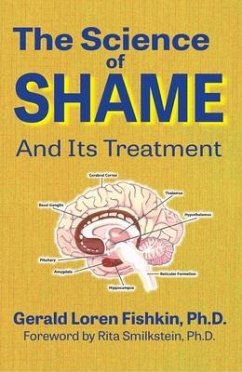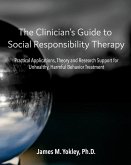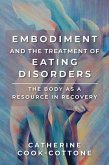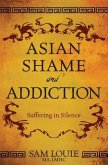The entire world was shocked and saddened by the premature death of Robin Williams, and especially by his own hand. His struggles with alcohol and drug addiction are widely known and have been attributed to a lifelong battle with bipolar disorder. As an only child, he was emotionally neglected and lonely. His inner voice became his primary companion. After a relapse in 2006, he talked about that voice. " You're standing at a precipice and you look down," he said. "There's a voice, and it's a little quiet voice, that says 'JUMP!'" We all have that voice - it's not a thought but a self-denigrating voice. This voice echoes, "You're not good enough, you'll never be perfect, who do you think you are? You're a failure!" That is self-talk. It's never kind and represents all the toxic, negative and traumatic exposures experienced during the vulnerable and innocent periods in a child's life. Gerald Loren Fishkin, Ph.D., psychotherapist and author, has spent the past three years researching the literature and available research regarding shame and shame effects. He concludes that there may indeed be a neurological foundation for shame and its sequelae - morbid and profoundly negative - self-talk. In his new book, The Science of Shame and Its Treatment (2016), Dr. Fishkin examines the relationship between early life trauma, abuse and shame-based behavior, mood disorders and addiction. He concludes that children exposed to trauma, abuse, neglect and violence often display the same characteristics as PTSD, often using alcohol and drugs to self-medicate and quiet the inner voice, resulting in chemical addiction and emotional despair. The self becomes the object of ridicule and scorn.








